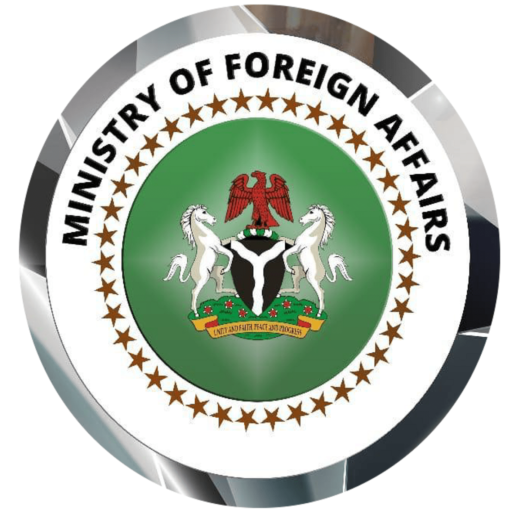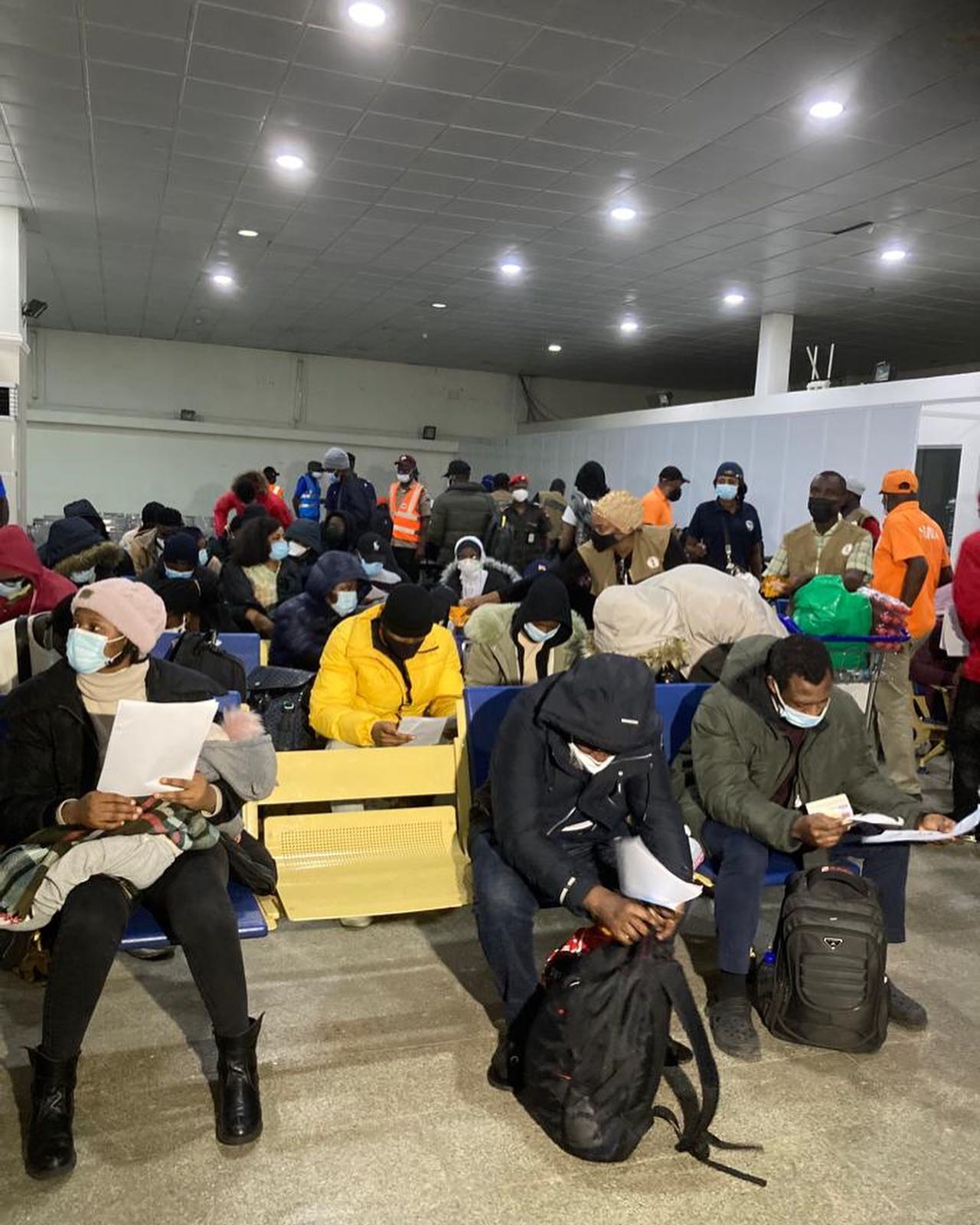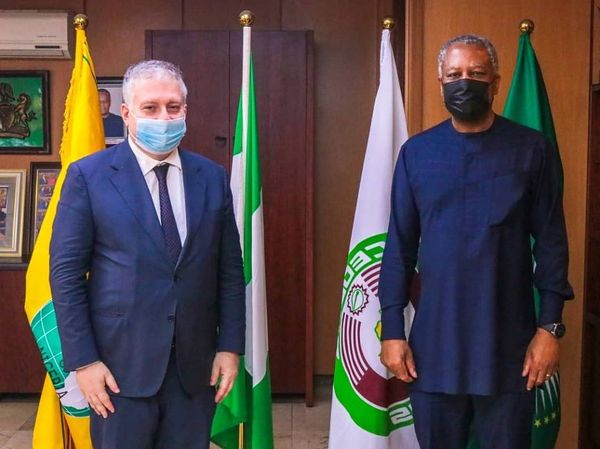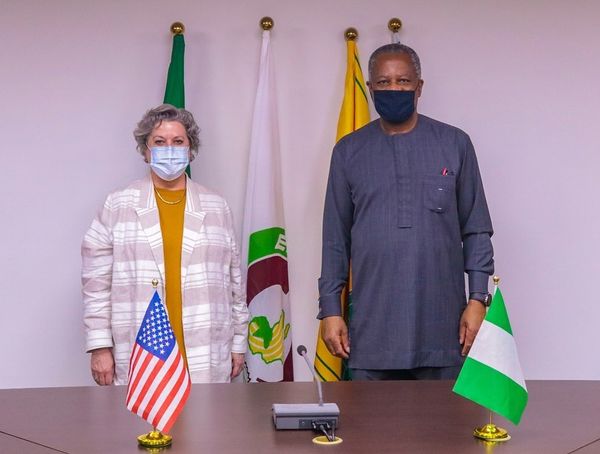Over the past 50 years, the Holy Father (the Pope) has been represented in Nigeria first by Apostolic Delegates (1960 to 1976), then by Apostolic Pro-
The position of Papal Ambassadors (and “Legates”) can be traced to the early years of the Church, when the Bishop of Rome found it necessary to send his personal representatives to bishops of particular churches, in order to carry out his mission of ensuring that “the Episcopate should be one and undivided” (Lumen Gentium, 18). Later on, after the Edict of Milan in 313, relations were maintained with the Emperors of both East and West and Legates were appointed as the need arose. This is the basis for the claim that the Holy See has the oldest diplomatic service in the world.
The mission of Papal Legates began to take on a more permanent role with the birth of nation states in Europe after the religious upheavals of the 16th century and the disintegration of the Holy Roman Empire. Representatives of the Pope were sent to the monarchs of European states and this became more widespread with the discovery and evangelization of the Americas. However, the greatest increase in the number of Apostolic Nuncios occurred in the period after the end of the Second World War; not only because of the birth of many new independent nations but also because of the growth of the missionary activity of the Church, especially in Asia and Africa.
Whereas in 1975 only 79 countries had diplomatic relations with the Holy See, that number had increased to over 180 by 2017. The Holy See also has relations with the United Nations (“Permanent Observer” status) and many related international organizations.



